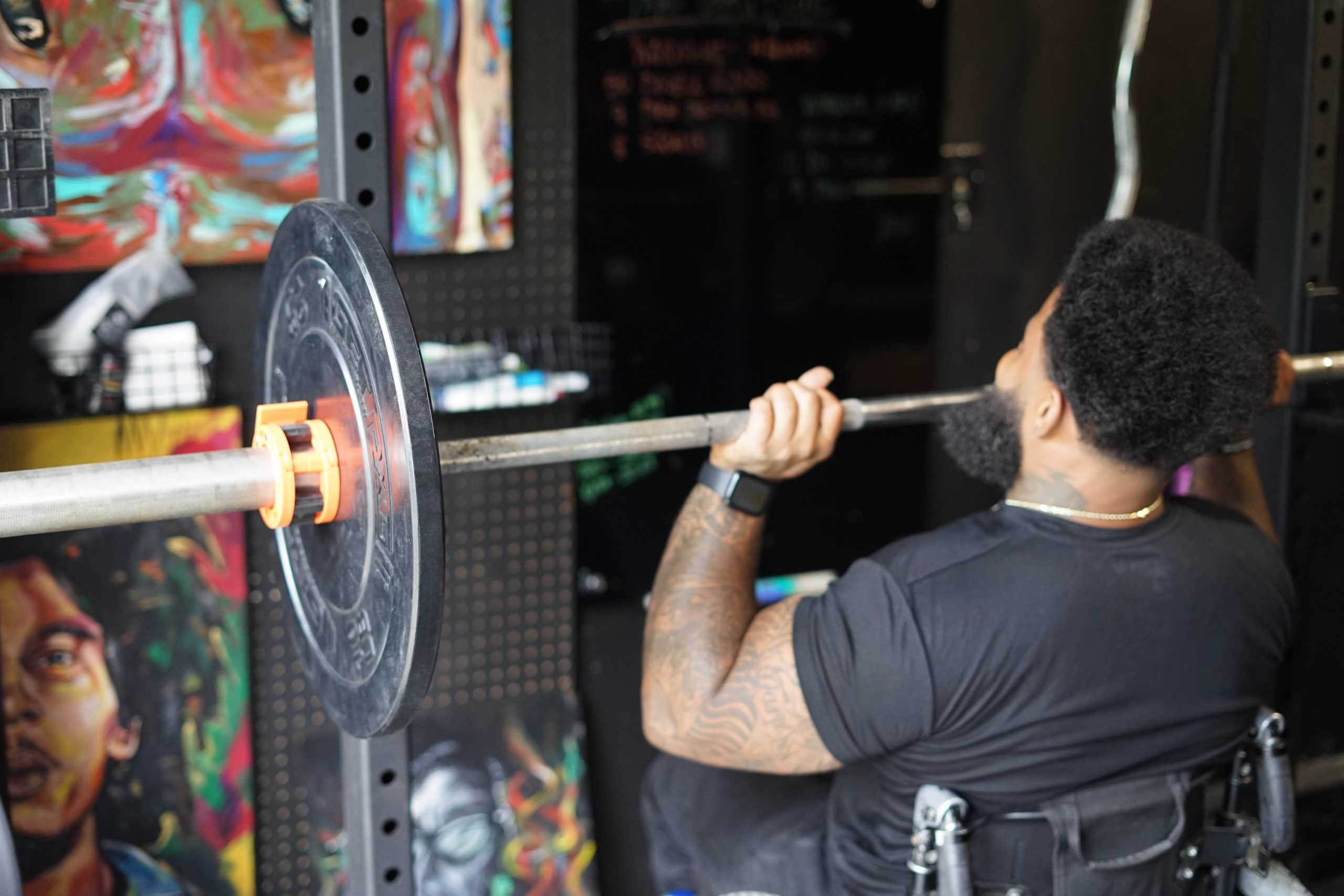Campus Living, Featured, Life on Campus
Advocating for Inclusive Events & Services On Your College Campus
Charlie Fletcher

As a student, you’re in a great position to advocate for change on campus. Your voice matters to decision-makers, and you can form student organizations to rally around a common cause.
You can even use your voice to advocate for greater inclusivity and accessibility on campus. This is important, as many universities fall short of their responsibility to folks who are considered neurodiverse and/or disabled.
Advocating for more inclusive events and services takes time, investment, and plenty of planning. However, you can get the ball rolling this semester by learning to amplify your voice on your college campus.
Assessing Inclusivity
Advocating for greater inclusivity and accessibility is always a great way to use your voice. However, before you start asking for support, you need to assess your campus’ current commitment to inclusivity and accessibility.
Begin by getting in touch with your University’s support services. Most larger institutions will have a department dedicated to educational access and resources for students of different abilities. Ask them about how you might be able to get involved — you may find that a student organization already exists to promote better inclusivity on campus.
Next, complete an inclusivity self-examination. An inclusivity self-examination requires some research, but the effort will be rewarded with a clearer picture of your university’s current accessibility and inclusivity standards. As a minimum, try to research the following:
- Are administrators at your institution empowered and trained to promote greater inclusivity on campus?
- Do people with disabilities work in positions of power/authority at your university?
- Is inclusivity part of your university’s mission statement?
- Are all students supported during their academic careers? Are there any statistical discrepancies in your student body?
- Do current events include additional information on reasonable accommodations?
Research gives you a clear direction to head in and you can use your findings to help rally other students around the common cause of accessibility and inclusivity on your college campus.
Student Organizations
Joining a student organization is a great way to amplify your voice and advocate for more inclusive events and services on your campus. Many student organizations are directly tied to the administrative departments of the university and you’ll find it much easier to gain momentum as an official club.
When creating a club, be sure to include folks from a range of backgrounds and experiences. It’s important that your club adequately represents the student body, as this will help you spot issues and ensure that all members of your student body can thrive during college.
ADA
Title II and III of the Americans with Disabilities Act (ADA) guarantees that all universities must provide “equal access to postsecondary education for students with disabilities.” However, many universities fail to meet ADA standards.
As an advocate, you should familiarize yourself with the ADA act and document any lapses in ADA compliance. Pay particular attention to things like accessibility during extracurricular activities, accessibility of residential facilities, and the aids available to students.
If you identify an ADA issue, raise it with the administrators at your university first. Oftentimes, administrators are aware of issues on campus and are working hard to resolve them.
If administrators were previously unaware of inclusivity issues on campus, suggest solutions and try to be part of the decision-making process where possible. For example, if your university has an outdoor program, you can advocate for mobility aids to make outdoor activities more accessible. A small investment in portable ramps and scooter lifts can make a big difference for folks with mobility disabilities.
Support Services
Most larger institutions already have a support service in place to help folks with disabilities and/or neurodiversity. However, many students are unaware of the services available to them. You can make a difference by using your on-campus presence to connect people with the resources they need.
Increase awareness of inclusive support services by creating and attending as many on-campus events as possible. Hold disability awareness events in visible areas of your university and network with other organizations to ensure that their members are aware of the services available to them.
If you feel that more can be done to support students, you can consider advocating for greater access to therapy services. Therapy can make a big difference in a student’s academic career and quality of life. You may want to look into alternative forms of therapy, too. Therapeutic horseback riding and equine-assisted activity therapy can be modified to suit all participants and can help with things like self-esteem, empathy, and non-verbal body language.
Conclusion
As a student, you’re in a great position to advocate for greater inclusivity on campus. Start by reaching out to current services and find out what is on offer currently. If you spot gaps, try to work with administrators to find solutions. This may require some teamwork, so consider creating a student organization to share the load and amplify your voice.
SEE ALSO: How to Benefit From Intuitive-Decision-Making as a Student?















